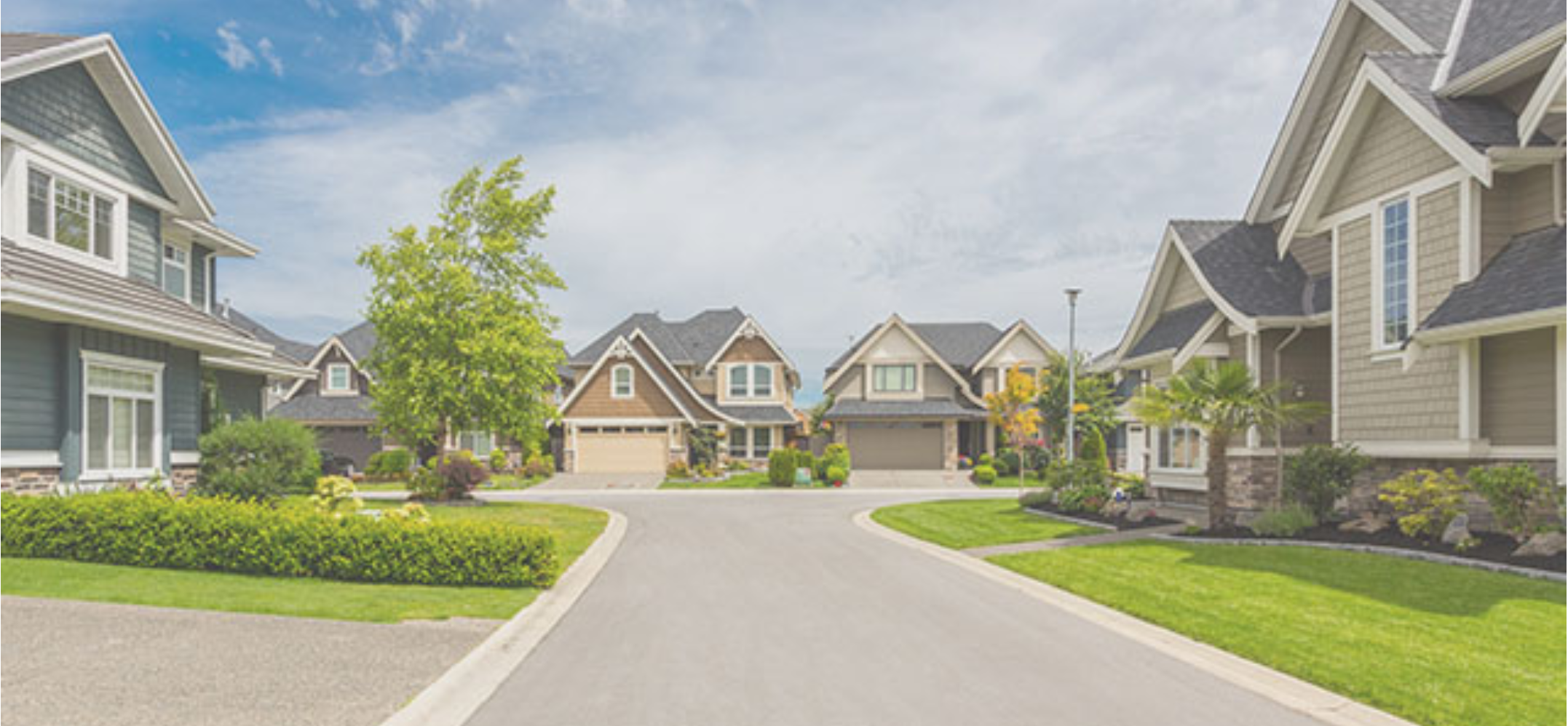What is the Future of Sustainable Real Estate in 2025

Sustainable real estate is no longer a futuristic concept, but it is a current, thriving reality shaping the property market. In 2025, the growing demand for eco-conscious living, rising energy costs, and tightening environmental regulations are prompting real estate investors, developers, and homeowners to adopt greener alternatives. From smart technologies to low-carbon buildings, sustainable real estate is rapidly becoming a cornerstone of property development and investment. This article explores the future of sustainable real estate in 2025 and how you can align your investment and property ownership with this powerful, future-focused trend.
1. The Rise of Green Building Certifications: Homebuyers and renters now actively seek properties with green certifications such as LEED, BREEAM, or EDGE. These labels are more than just badges, and they reflect lower operating costs, healthier living environments, and higher property values. In 2025, green-certified buildings are leading the way in buyer preferences and investment returns.
2. Smart Home Technology is Becoming the Standard: The integration of smart home technology is a key driver of sustainability. Devices like smart thermostats, lighting systems, and water-saving sensors help reduce energy consumption and carbon footprints. Smart homes are also more attractive in online property listings, offering both convenience and long-term cost savings.
3. Renewable Energy Integration in Housing: Solar panels, wind-powered systems, and geothermal heating are becoming essential features of modern eco-friendly homes. Property developers are incorporating these technologies at the design stage, while investors are seeing increased returns in communities with renewable energy infrastructure.
4. The Role of Digital Property Management: Managing energy-efficient buildings in 2025 requires innovation. Digital property management platforms help track utilities, monitor sustainability metrics, and automate eco-friendly operations. For landlords and investors, these tools simplify rental property management while also aligning with environmental goals.
5. Government Incentives and Sustainable Policies: Across many countries, governments are rolling out tax breaks, grants, and low-interest loans for green building projects. These mortgage financing options help reduce the cost of transitioning to sustainable homes and make eco-investments more accessible for first-time and experienced investors alike.
6. Sustainable Real Estate as an Investment Strategy: Eco-friendly properties now form a key part of forward-looking property investment strategies. These buildings tend to retain value longer, attract quality tenants, and yield better ROI. In 2025, environmentally responsible investments will no longer niche that is profitable and mainstream.
7. Eco-Conscious Buyers Use House Hunting Checklists: Today’s buyers are more informed and use house hunting checklists that prioritize green features. Items like energy ratings, insulation quality, and access to public transport play a major role in purchasing decisions, especially among younger and climate-conscious buyers.
8. Neighborhood Guides Influence Sustainable Buying: Modern neighborhood guides now include sustainability scores, walkability indexes, and access to green spaces. These guides influence purchasing trends and help buyers find areas aligned with their eco-conscious values, ultimately shaping where and how people choose to live.
9. Cloud-Based Real Estate Solutions Power Efficiency: Cloud-based real estate solutions streamline how data on building performance, tenant behavior, and energy usage is managed. For investors and agents, this leads to better insights and decisions. Cloud systems also reduce paperwork, boosting eco-efficiency in real estate workflows.
10. Security for Green Data Matters: With more data collected from smart and sustainable buildings, real estate data security becomes essential. Property owners and developers must protect sensitive data on energy usage, tenant habits, and building systems, ensuring trust and compliance in an increasingly connected world.
Conclusion: The future of sustainable real estate in 2025 is bright, profitable, and inevitable. As climate change and environmental awareness reshape consumer behavior and urban planning, aligning with this movement is not just responsible but also it is a smart business. By incorporating smart home technology, embracing digital property management, and focusing on sustainable real estate practices, you’ll position yourself at the forefront of a market that’s growing greener by the day.
Comments
Post a Comment